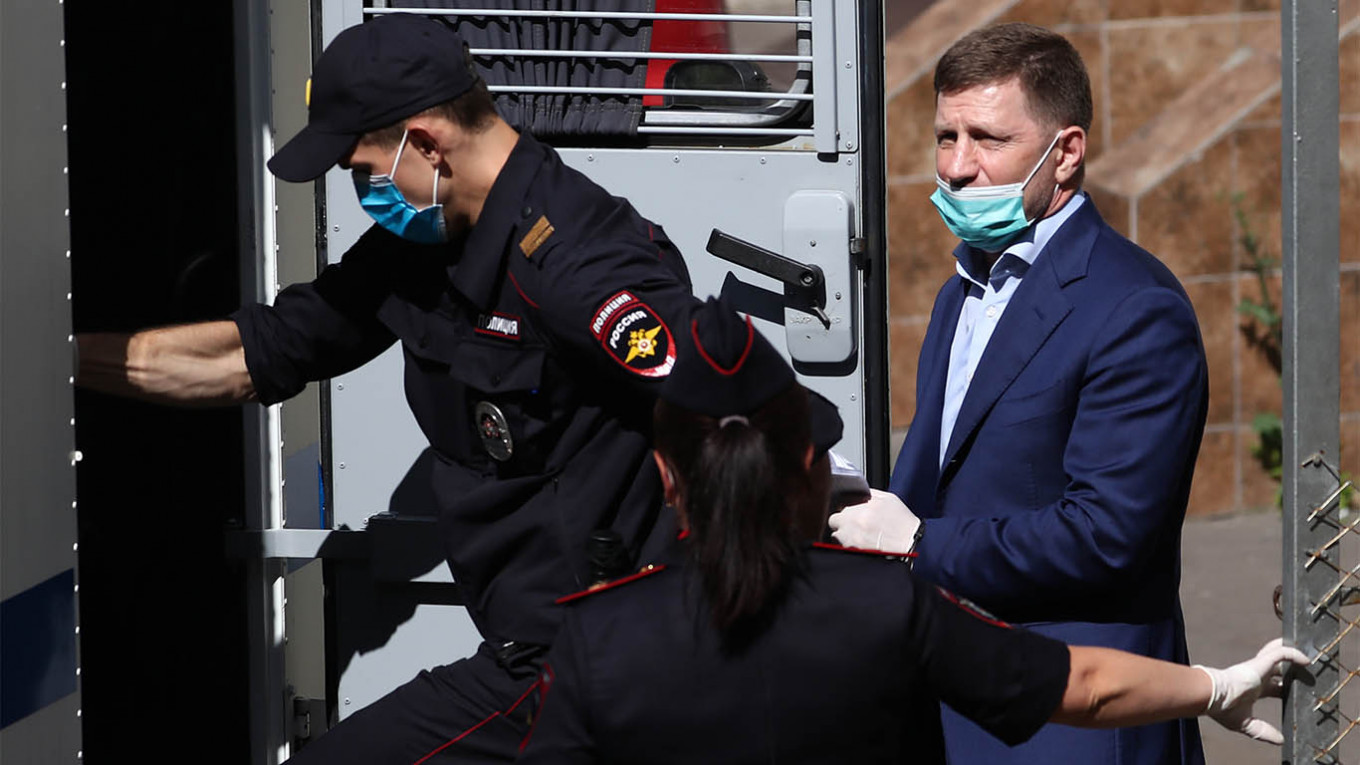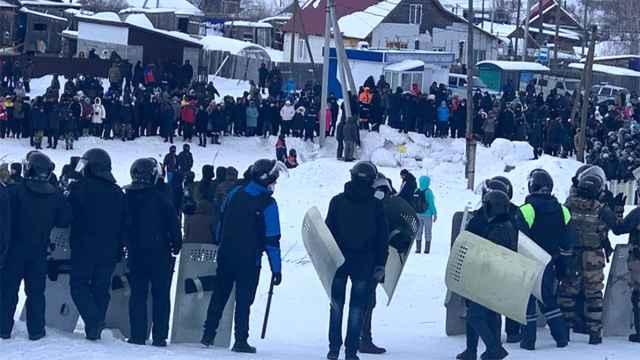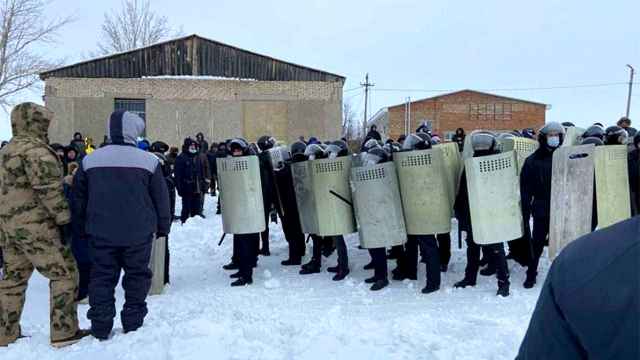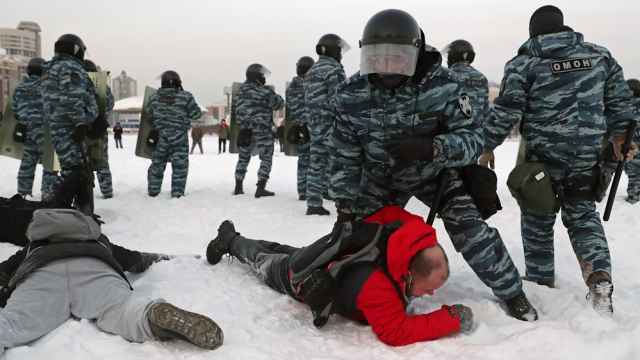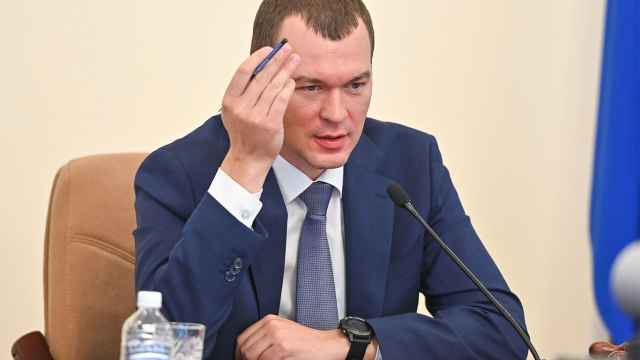Russian President Vladimir Putin on Monday named a new leader of the Far Eastern region of Khabarovsk from the nationalist LDPR party after the arrest of its popular governor brought thousands to the streets.
Putin officially sacked Sergei Furgal, who was detained this month on murder charges, and named LDPR lawmaker Mikhail Degtyarev to replace him.
The arrest of 50-year-old Furgal, who defeated a candidate from the ruling United Russia party to win the governorship in 2018, has sparked daily demonstrations in Khabarovsk, a city of 600,000 on the border with China.
The biggest demonstrations on the last two Saturdays drew tens of thousands, with some estimates putting the crowds at more than 50,000.
Critics say the charges are politically motivated and have demanded that Furgal, who was flown to Moscow to stand trial, face the charges in Khabarovsk.
Putin named Degtyarev, 39, as acting governor during a televised video link-up, saying he faced "a very demanding, very important" job in the region.
Putin did not mention the protests in Khabarovsk but said Degtyarev needed to focus on helping the region's "very talented and active" residents.
"We have to look to the future and not forget about the strategic plans for developing this huge and very important region," Putin said.
Degtyarev, who unlike Furgal is from central Russia and not the Far East, said he was ready to head to the region immediately.
He said he would aim to ensure the "stable work" of the regional government and the fight against the coronavirus epidemic.
According to a decree released by the Kremlin, Degtyarev will serve as acting governor until an election can be held next year.
Furgal's arrest sparked an outcry from members of the LDPR, a Kremlin-friendly party that has been led for decades by nationalist firebrand Vladimir Zhirinovsky.
A Message from The Moscow Times:
Dear readers,
We are facing unprecedented challenges. Russia's Prosecutor General's Office has designated The Moscow Times as an "undesirable" organization, criminalizing our work and putting our staff at risk of prosecution. This follows our earlier unjust labeling as a "foreign agent."
These actions are direct attempts to silence independent journalism in Russia. The authorities claim our work "discredits the decisions of the Russian leadership." We see things differently: we strive to provide accurate, unbiased reporting on Russia.
We, the journalists of The Moscow Times, refuse to be silenced. But to continue our work, we need your help.
Your support, no matter how small, makes a world of difference. If you can, please support us monthly starting from just $2. It's quick to set up, and every contribution makes a significant impact.
By supporting The Moscow Times, you're defending open, independent journalism in the face of repression. Thank you for standing with us.
Remind me later.


